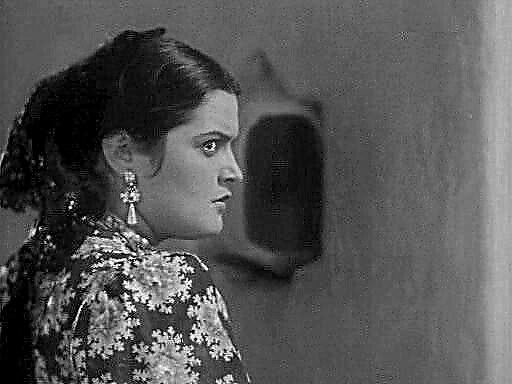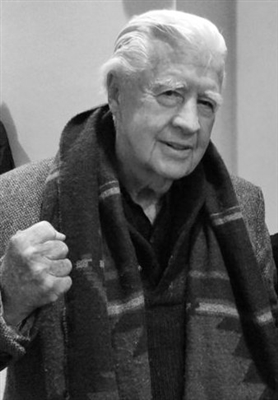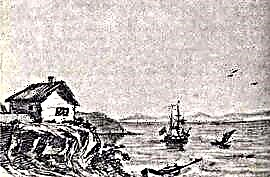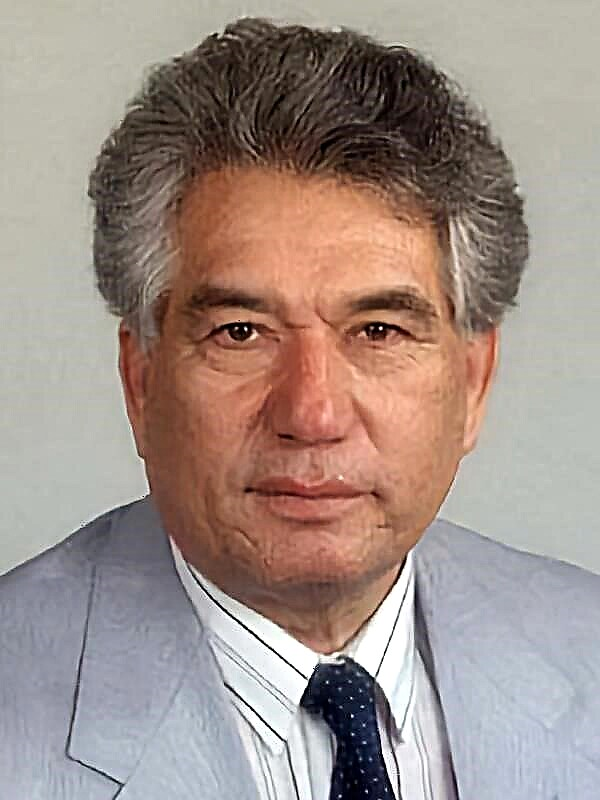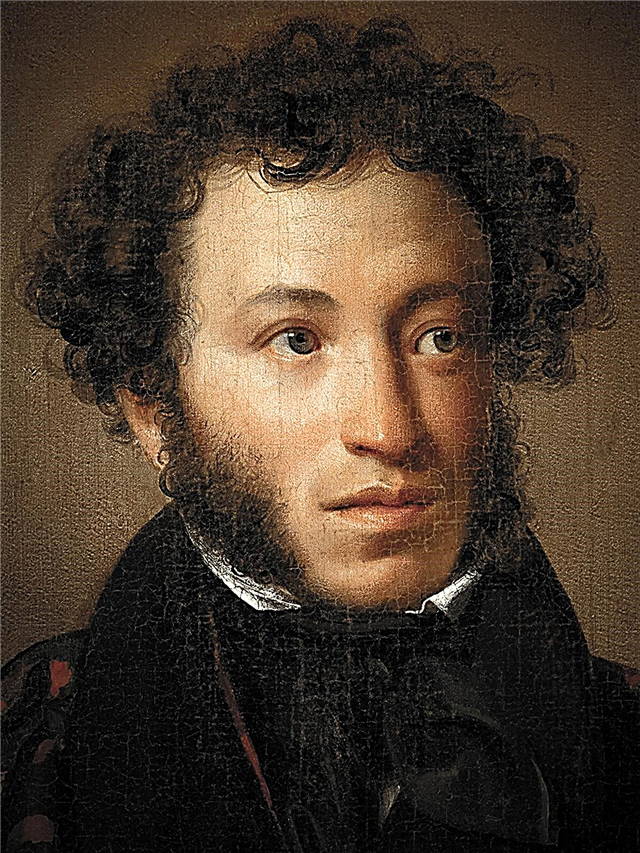(306 words) Anton Pavlovich Chekhov gained fame thanks to his talent for writing fiction, short stories. Many details of the writer's life, his travels, social circle, and education influenced the development of this bright literary talent.
Anton Pavlovich was born on January 17 (29), 1860 in Taganrog, in the union of a simple merchant and an intelligent woman, and since childhood he helped his father. This boy from a poor large family subsequently made a great contribution to the development of Russian literature, giving preference to simple, life-like plots, endowing heroes with deep negative and positive human qualities. One of the features of his stories is a certain incompleteness that allows readers to think through the fate of the heroes themselves.
In 1868, Chekhov entered the Greek gymnasium, after which he began to study medicine, which helped him in the future to accurately depict hospital days in his stories. However, despite the undoubted writing potential, the young Chekhov used it mainly for the purpose of additional income to pay for his studies. But his work was noticed by venerable authors, one of whom wrote a letter to a beginner, where he scolded him for wasting talent. And then the young writer took note of the criticism and decided to take creativity more seriously.
The beginning of the professional writing activity of Anton Pavlovich is considered to be his publication in magazines, where the young writer sent his short stories and humors. The first major work of the author - a collection of "Tales of Melpomene" in 1884.
In April-December 1890, Chekhov spent on Sakhalin, where he studied the life of exiles, which served as an ideological basis for writing a series of stories about their fate in exile. Most of the author’s works are aimed at revealing difficult topics and problems, but in his creative biography you can find works for younger readers.
In the period 1892-1899, Chekhov was engaged in his estate and social activities, at which time his career was heading into the dramatic direction. During this period, cult plays of the time were written. The work “The Seagull” is a triumph in his dramatic career.
From 1899 to 1903, several volumes with Chekhov's works are published, a year after the publication of the last collection, the writer will die in Germany from an incurable lung disease.



